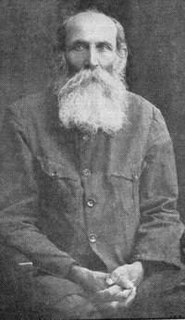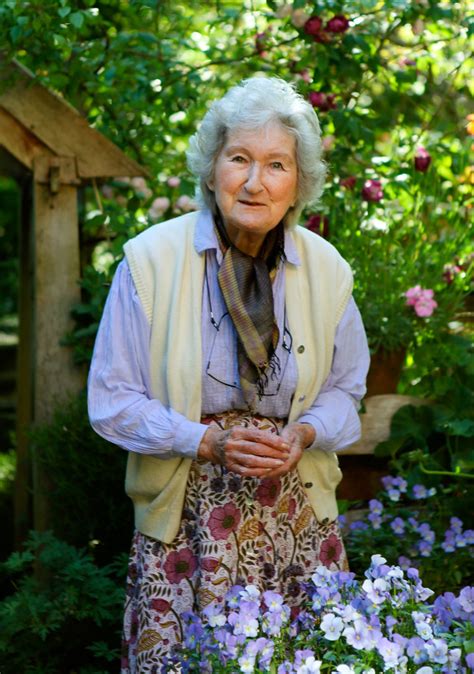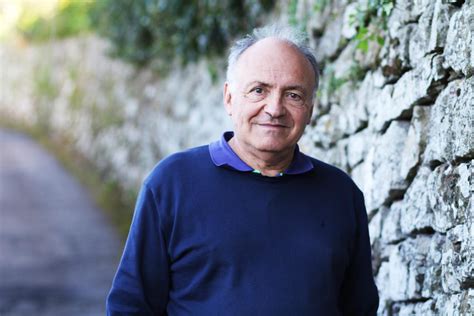A Quote by Washington Irving
There rise authors now and then, who seem proof against the mutability of language, because they have rooted themselves in the unchanging principles of human nature. They are like gigantic trees that we sometimes see on the banks of a stream; which, by their vast and deep roots, penetrating through the mere surface, and laying hold on the very foundations of the earth, preserve the soil around them from being swept away by the ever-flowing current, and hold up many a neighboring plant, and perhaps worthless weed, to perpetuity.
Quote Topics
Against
Around
Authors
Away
Banks
Because
Being
Current
Deep
Deep Roots
Earth
Ever
Flowing
Foundations
Gigantic
Hold
Human
Human Nature
Language
Laying
Like
Many
Mere
Mutability
Nature
Now
Now And Then
Penetrating
Perhaps
Perpetuity
Plant
Preserve
Principles
Proof
Rise
Rooted
Roots
See
Seem
Soil
Sometimes
Stream
Surface
Swept
Swept Away
Them
Themselves
Then
Through
Trees
Unchanging
Up
Vast
Very
Weed
Which
Worthless
Related Quotes
The stream of passing years is like a river with people being carried along in the current. Some are swept along, protesting, fighting all the way, trying to swim back up the stream, longing for the shores that they have passed, clutching at anything to retard their progress, frightened by the onward rush of the strong current and in danger of being overwhelmed by the waters. Others go with the current freely, trusting themselves to the buoyancy of the water.
Then you would hold me up, wouldn't you." He traced over her features with his fingertips. And as he did, for some strange reason, he felt the arms of infinity wrapping around them both, holding them close... linking them forever. Yes, he mouthed. I would hold you up. I will ever hold you up and hold you dear, lover mine.
You work here [on the farm] simply without philosophizing; sometimes the work is hard and crowded with pettiness. But at times you feel a surge of cosmic exaltation, like the clear light of the heavens... . And you, too, seem to be taking root in the soil which you are digging, to be nourished by the rays of the sun, to share life with the tiniest blade of grass, with each flower; living in nature's depths, you seem then to rise and grow into the vast expanse of the universe.
You told me once of the plants that lie dormant through the drought, that wait, half-dead, deep in the earth. The plants that wait for the rain. You said they'd wait for years, if they had to; that they'd almost kill themselves before they grew again. But as soon as those first drops of water fall, those plants begin to stretch and spread their roots. They travel up through the soil and sand to reach the surface. There's a chance for them again.
I know now that he who hopes to be universal in his art must plant in his own soil. Great art is like a tree, which grows in a particular place and has a trunk, leaves, blossoms, boughs, fruit, and roots of its own. The more native art is, the more it belongs to the entire world, because taste is rooted in nature. When art is true, it is one with nature. This is the secret of primitive art and also of the art of the mastersMichelangelo, Czanne, Seurat, and Renoir. The secret of my best work is that it is Mexican.
When the ice of winter holds the house in its rigid grip, when curtains are drawn against that vast frozen waste of landscape, almost like a hibernating hedgehog I relish the security of being withdrawn from all that summer ferment that is long since past. Then is the time for reappraisal: to spread out, limp and receptive, and let garden thoughts rise to the surface. They emerge from some deep source of stillness which the very fact of winter has released.
The word humility (also human) is derived from the Latin humus, meaning the soil. Perhaps this is not simply because it entails stooping and returning to earthly origins, but also because, as we are rooted in this earth of everyday life, we find in it all the vitality and fertility unnoticed by people who merely tramp on across the surface, drawn by distant landscapes.
Early in my career I discovered that there was something really special about photographing at night that places your mind on the surface of the planet. You’re no longer just a human being walking around in the regular world. You’re a human animal striding around on the surface of the planet that’s out in the middle of the galaxy. We as a culture, we’re forgetting that we are actually natural organisms and that we have this very deep connection and contact with nature. You can’t divorce civilization from nature. We totally depend on it.
My version of relativism is pluralistic and attributes functions to morality that in combination with human nature place limits on what could count as a true morality. Unlike many other relativists, I do not hold that people are subject to a morality because they all belong to a certain group. That is, I don't hold that being a member of a group makes one's subject to some set of generally accepted norms. What is true is that others around us teach us morality and moral language, so they inevitably influence us.





































